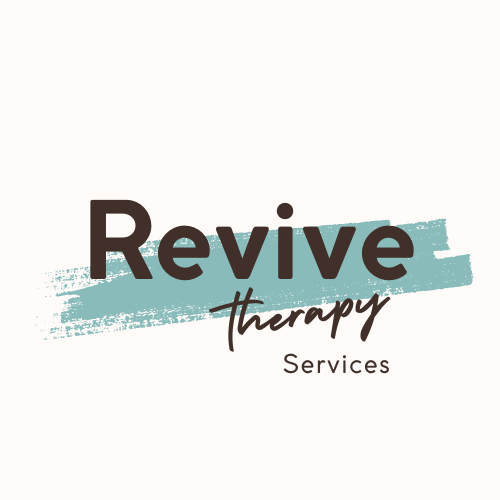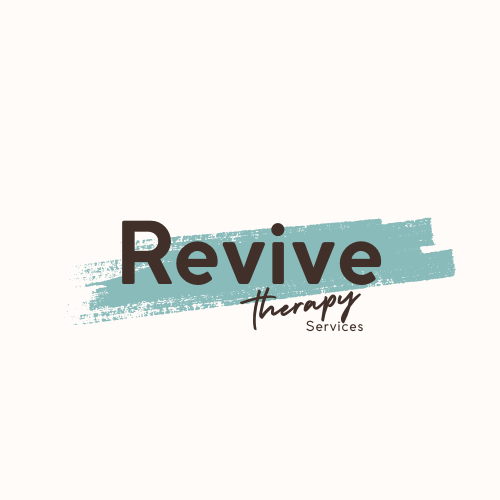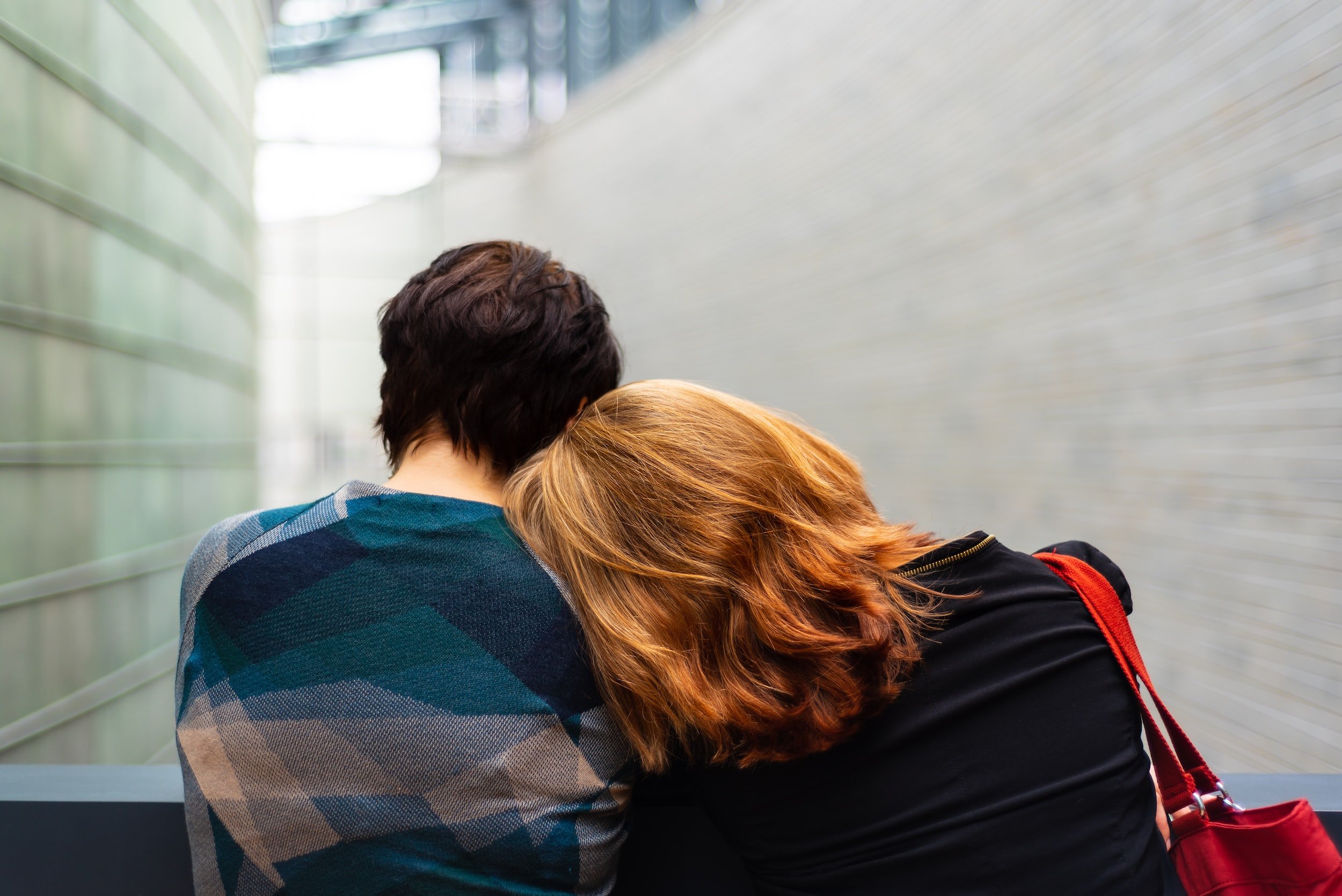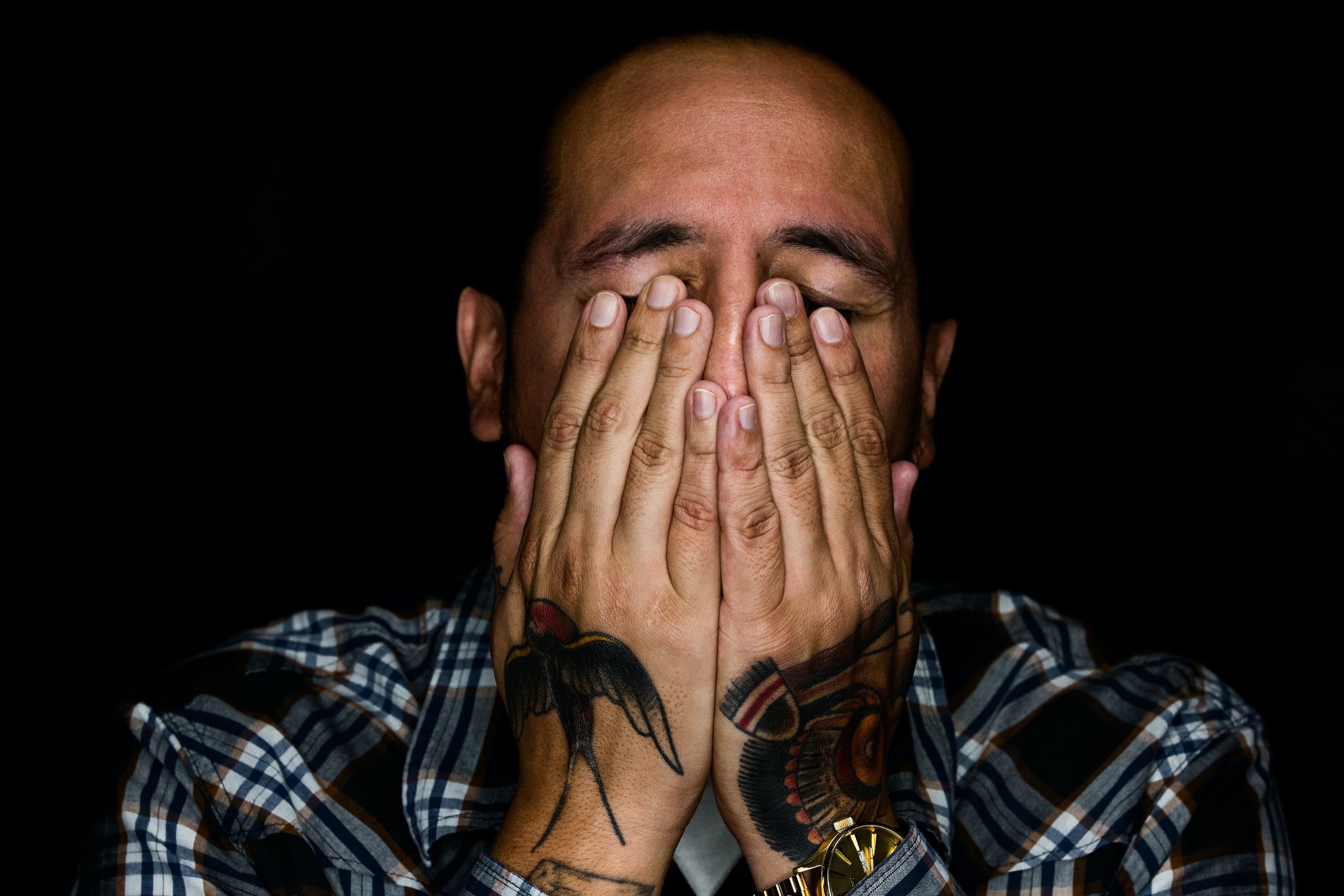Griefs Impact On Your Eating Disorder
Grief is a tough thing to deal with, and it can hit us in many different ways. Whether we've lost a loved one, a job, or something else that was important to us, it can leave us feeling sad and empty. Unfortunately, for those of us who struggle with eating disorders, grief can be particularly challenging.
Eating disorders are tricky beasts that can be caused by many things, like genetics, environment, and stress. When we're grieving, these underlying issues can be made worse, and it can be tough to keep our eating habits healthy. Here are some of the ways that grief can affect our eating disorders:
We may lose our appetite or overeat
Grief can have a profound impact on appetite. For many individuals, food is intertwined with emotions and serves as a coping mechanism. When experiencing grief, individuals may turn to food as a way to comfort themselves or to distract from their emotions. On the other hand, some may completely lose their appetite.
For those with restrictive eating disorders, grief can exacerbate their already rigid dietary restrictions and lead to further weight loss. In contrast, those with binge-eating disorder may find themselves turning to food more frequently and in larger quantities as a way to cope with their emotions. Grief can also trigger a relapse in individuals in recovery from an eating disorder, making it essential for them to have a strong support system in place.
We may turn to unhealthy coping mechanisms
When we're grieving, we may turn to unhealthy coping mechanisms, like binge eating or restricting our food intake. This is especially true for those of us who feel like we have no control over our emotions. Although it might feel like we're in control of our eating habits, it's actually dangerous and can make our underlying eating disorders worse.
Our routine can get messed up
Grief can disrupt our daily routine, including our eating habits. When we're used to eating at certain times or in a certain way, it can be really hard to adjust. This disruption can cause us to go back to unhealthy eating habits that we thought we had left behind.
Our emotions and self-esteem take a hit
Grief can exacerbate an existing eating disorder by lowering an individual's self-esteem. The intense emotional distress and trauma associated with grief can trigger feelings of guilt, shame, and worthlessness, leading to an increase in self-criticism and negative body image. This, in turn, can intensify the desire to control one's body weight and shape through disordered eating behaviors. Furthermore, the loss of a loved one can disrupt an individual's eating habits and further exacerbate their eating disorder symptoms, resulting in a vicious cycle of grief, low self-esteem, and disordered eating.
We're more stressed out
Grief is a really stressful thing to deal with, and stress can trigger eating disorders. Grief and loss are difficult emotions to manage, and for individuals with an eating disorder, they can significantly increase stress levels. Eating disorders often arise as coping mechanisms for dealing with difficult emotions, and grief can trigger a relapse or worsen symptoms. When grieving, individuals may experience a range of emotions, including sadness, anger, and anxiety, which can be overwhelming and trigger the urge to engage in disordered eating behaviors. When we're stressed out, we might turn to food as a way to feel better. It might even be the opposite of that where we lose our appetite and aren’t eating enough. Additionally, grief can disrupt the individual's sense of control and increase feelings of helplessness and hopelessness, further exacerbating the stress they experience.
When to seek help
If you're dealing with an eating disorder and you're grieving, it's important to have a support system in place. That might mean talking to a therapist or joining a support group. It's also important for your loved ones to be understanding and supportive, so they can help you through this tough time.
Begin Eating Disorder Treatment in Philadelphia, PA
Grief can be really hard for those of us with eating disorders. It can mess up our routines, trigger unhealthy coping mechanisms, and make us feel bad about ourselves. But with the right support system in place, we can get through it and keep our eating habits healthy. Our team can help support you with online and in-person services across Philadelphia. You can start your therapy journey with Revive Therapy by following these steps:
Meet with an eating disorder therapist
Start receiving the support you deserve in coping with grief.
Other Services Offered With Revive Therapy
Our team understands you may be experiencing a variety of mental health concerns in addition to eating disorders. This is why we are happy to offer mental health support including trauma therapy, body image issues, binge eating, and more. We also offer support with EMDR therapy if you’re in need of more specialized care. Additionally, all services are offered via online therapy in Pennsylvania. Feel free to visit our blog to learn more or call now!




